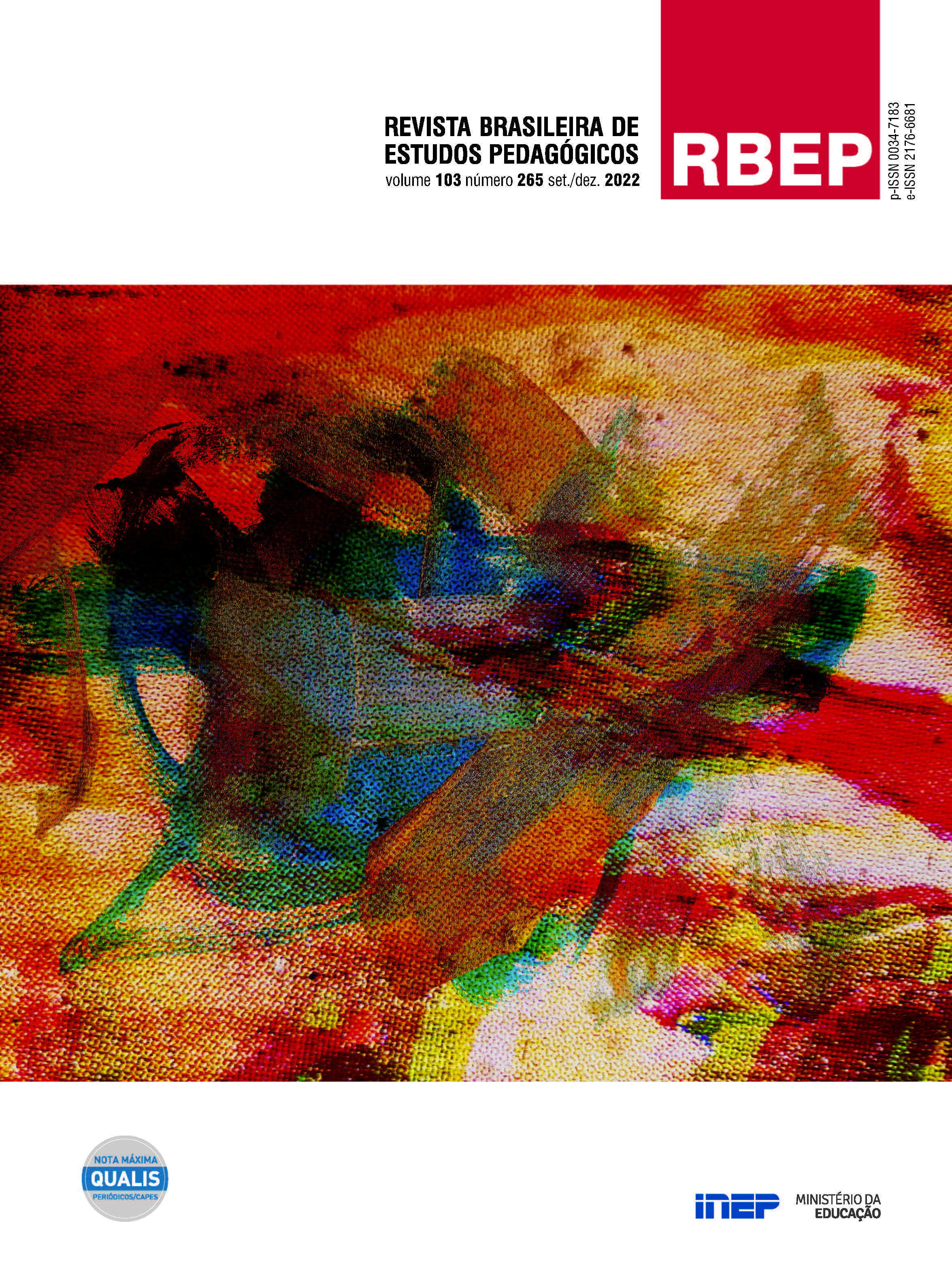Andrew Feenberg's Critical Theory of Technology: reflecting on the inclusion of new technological elements in the school environment
Abstract
The study discusses the insertion of technological elements in the school environment from the perspective Andrew Feenberg’s Critical Theory of Technology. It was carried a literature review and an analysis of six thesis defended between 2015 and 2018 at universities of the State of São Paulo. Through a qualitative analysis, it was adopted as investigative criteria his critical-philosophical contribution considering two main aspects: the treatment in face of the ambivalence between the uses of technical designs and its effects; the understanding about teaching automation. Epistemological criticism of technology seldom appears on research. Conversely, understanding that this is a necessary and urgent insertion shows in the majority of works; the majority of thesis revealed enthusiastic about the idea of automation; the discussion between ‘informational content’ and ‘processes’ of creation and production rarely appears; and most works defend that new technologies are conducive to a more democratic environment. It was revealed, overall, that the idea of using technical instruments at school is rarely reproached. It is also revealed that the sample space should not suit a wide generalization, but a critical cutout of Sao Paulo State universities’ production on the observed years.
Downloads
Copyright (c) 2022 Brazilian Journal of Pedagogical Studies

This work is licensed under a Creative Commons Attribution 4.0 International License.
Once their work is accepted for publication, author’s copyrights are automatically relinquished to the National Institute for Educational Studies and Research Anísio Teixeira (Inep).
Since 2016, the journal Revista Brasileira de Estudos Pedagógicos (RBEP) uses the licence CC-BY.
Partial or total reproduction of the content of this Journal is permitted provided that the original publication is properly referenced, as well as a link to license CC BY 4.0 and to indicate any possible alterations made to the article.




















